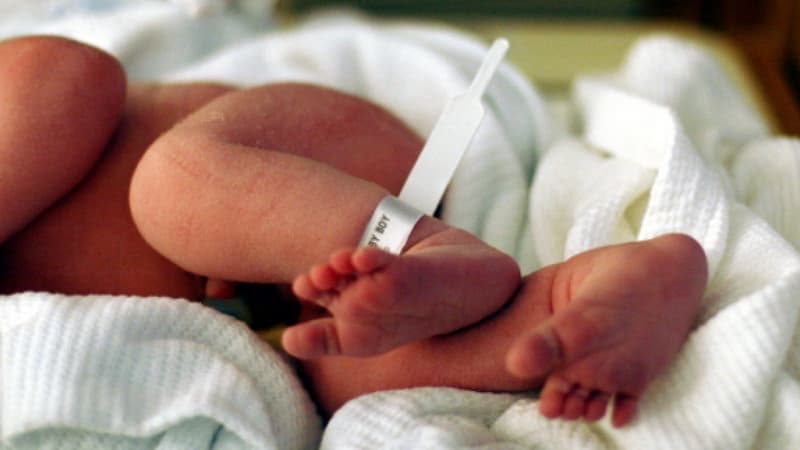Osteopathy is too often recommended for babies despite the lack of evidence about its benefits and its absence of risks, the Academy of Medicine lamented this Tuesday, December 3, asking that these practices not be encouraged further in maternity wards .
“Osteopathic practices, described as ‘visceral and cranial’, are offered to parents for their newborn (…) for symptoms as banal as feeding difficulties, crying at night, constipation, colic, bloating, snoring, anxiety or ear infections,” the Academy said in a press release.
However, these practices “lack a proven scientific basis”, with “unproven” efficacy and safety, recalls this institution whose opinions have no legal value but have reference value at a medical level.
Certainly osteopathy is not reimbursed by Social Security. But, in fact, it is integrated into the health system because, in maternity hospitals and PMI centers, it is common for parents to be recommended to consult an osteopath.
The Academy denounces, in particular, advertising in maternity hospitals, a situation that it considers unacceptable given the lack of interest shown in babies.
A “particularly fragile population”
The institution highlights both “the particularly fragile population of newborns” and the tendency of many parents to be seduced by “non-medical alternative practices.”
Therefore, it asks that this type of advertising be avoided in maternity hospitals, that the presence of doctors specialized in perinatal care be required in the training of osteopaths and that the adverse effects of these practices on babies be better controlled.
As for the many claims made by osteopaths about the health of babies, according to the Academy, they should be the subject of an “objective evaluation.”
This opinion is published in a broader context in which osteopathy, which promises to restore numerous dysfunctions of the body through bodily manipulations, has enjoyed persistent success in France but has not seen its benefits demonstrated by studies with sound methodology. At best, they are of no particular interest compared to classical physiotherapy.
A study, published in 2021 in JAMA Internal Medicine and carried out on hundreds of patients suffering from back pain, compared osteopathy in particular with fantasy techniques that serve as a placebo. The difference was “probably not clinically significant.”
Source: BFM TV


